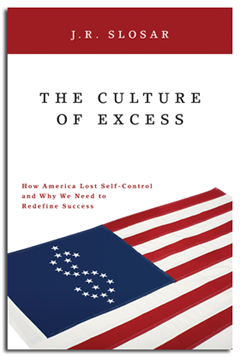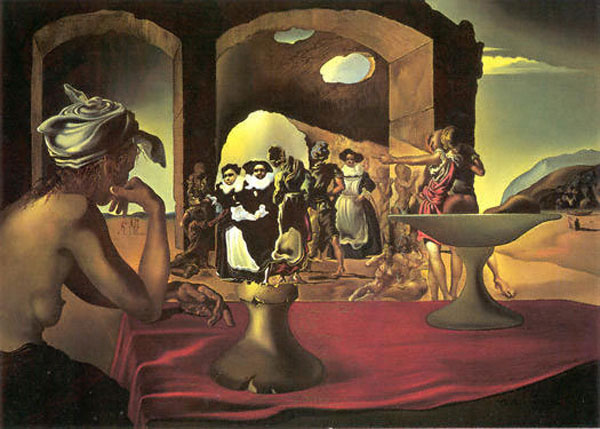“Jay Slosar gives us the benefit of his years of clinical and teaching experiences with people who reveal just how firmly we live in an age of excess. Wonderfully written, The Culture of Excess not only discusses how we got to this point, but offers insights on how to change course. Individuals, parents, decision-makers, and others will come to see how we might turn ‘Generation Me’ into ‘Generation We,’ and create a better world in the process. This is an important book.”
“Unless Americans begin to appreciate the psychological forces driving our behavior, we will be unable to tame the destructive tendencies that have caused today’s economic avalanche. Dr. Slosar gives us a wonderful opportunity to understand the real forces that have been driving America’s culture of excess. There is a great insight in this book for decision-makers and parents.”
“Dr. Slosar offers an in-depth psychological analysis and understanding of the forces shaping our popular culture. He reaches the troubling conclusion that we are in an age that applauds excessive self absorption and devalues a community spirit. His insight into the psychosocial conflicts that are unfolding in the 21st century breathes new meaning into that ancient, Talmudic query about the relationship between self and others: If I am not for myself, who is for me? If I am only for myself, what am I? This work is timely and wise.”
“This is a fast-paced, yet penetrating account that integrates psychological insights into the many paradoxes of our recent social, cultural, political and economic transformations. The actualities of our collective experiences are set within a framework of understanding that both provokes and illuminates. You will want to argue with the author, wish to extend his reasoning, and ask him how we can alter our personal trajectories to achieve a life that is more balanced and authentic. At the end, you’ll thank Slosar for putting it all out there for you to grapple with.”





